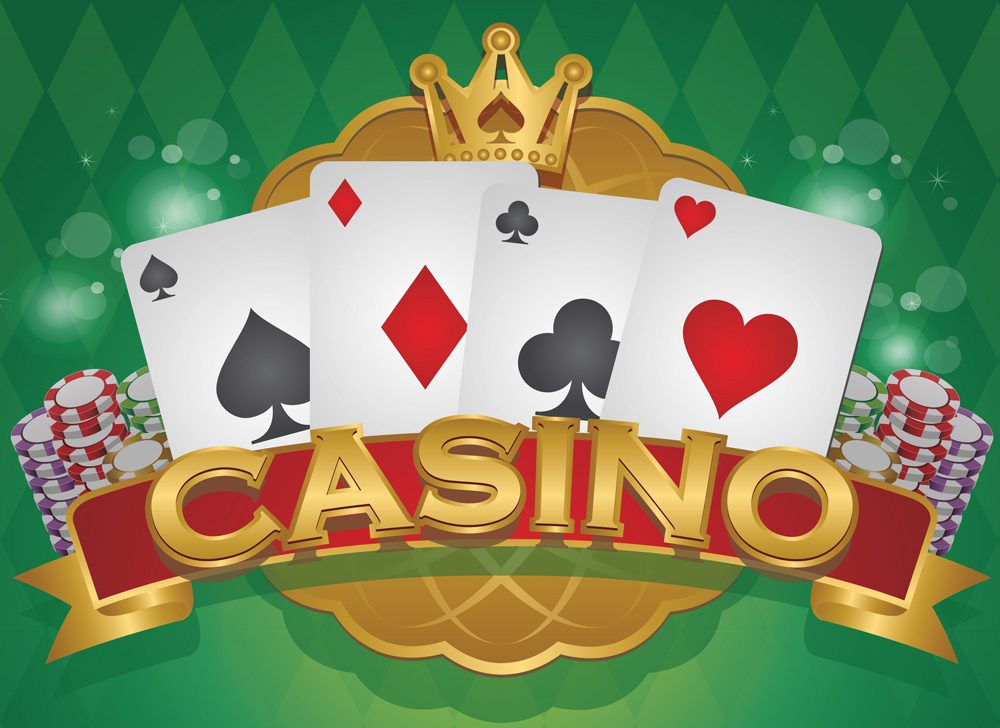
When we think of gambling games, the initial images that often cross our minds are those of spinning wheel devices, card tokens clattering on fabric tables, and cubes flying across a betting area. While numerous consider these games as simple pastimes fueled by chance, a more profound exploration reveals a fascinating blend of strategy, skill, and social engagement that raises them well beyond basic chance. Whether you are a experienced player or a inquisitive newcomer, understanding the nuances of these games can greatly enhance your enjoyment and understanding.
Gambling activities have developed over centuries, with different cultures contributing to their rich backgrounds and different forms. From the intricate strategies of 21 to the deception tactics in poker, players engage in a contest of wits as much as a gamble on numbers. This dynamic interplay between luck and skill creates a thrilling atmosphere that draws millions to casinos worldwide. As we delve into the world of card activities, we will uncover the methods that can shift the odds in your favor and the social elements that make these games a popular choice for entertainment and engagement.
A Approach Behind Table Games
Table gaming frequently combine a mix of skill and chance, which makes them fascinating for participants who like a test. Each title has its unique set of rules and tactics that can affect the results. For instance, in games like blackjack, players are obliged to use strategies like counting cards and understanding the odds to make informed decisions. This skill set can greatly improve the victory potential, distinguishing seasoned players from beginners who may depend entirely on luck.
Conversely, games such as the roulette may appear to be purely based on luck, but tactical thinking can also come into play. Participants can choose between different wagering tactics, such as the Martingale strategy, where they raise the bets after losses. This method can create a more methodical approach to the game. Understanding the odds of specific wagers can also help players make better decisions on the roulette table, demonstrating that even in games of luck, tactics can enhance the enjoyment.
Furthermore, poker stands out as a game that strongly emphasizes tactics. In contrast to most gaming titles, the game of poker combines ability, mental acuity, and luck. Participants must also concentrate on the cards they are given but also consider their opponents behavior and betting patterns. Mastering principles like table position, pot odds, and interpreting bluffing is essential for success. This complexity of strategy in poker often creates to a more engaging encounter for players, where the decisions and skills greatly impact the game’s outcome.
Grasping Chance and Odds
In the domain of casino games, likelihood and ratios have a crucial role in determining a gambler’s possible results. Every activity has its own collection of principles that define how the probability of succeeding or losing is calculated. For case, in matches like blackjack, players have a chance to influence their odds through planning, whereas in matches like the wheel, the results are exclusively dictated by chance. Comprehending how these chances are calculated can greatly impact how a gambler tackles the game.
Ratios are typically expressed in two forms: fractional and numeric. Fractional ratios represent the ratio of the amount gained to the amount staked, whereas numeric ratios show the total payout for a winning wager, which includes the initial bet. For example, if a game has ratios of 5 to 1, this means that for every one dollar staked, a gambler could gain five units if successful. Understanding how to understand these ratios allows players to assess their possible winnings and make more wise choices during play.
Players should also be aware of the casino advantage, which is the casino’s inherent advantage over the gamblers. Each game has a different house edge, and comprehending this idea is crucial for handling one’s expectations and bankroll. Games with a reduced house edge, such as 21 and chemin de fer, typically offer better odds for players compared to activities like slots and keno. By recognizing the connection between chance, ratios, and the casino advantage, players can enhance their gaming experience and plan more effectively.
The Exciting Aspect of Casino Table Games
Casino games at gaming establishments are often seen as a hub of community engagement, drawing participants together in a collective experience that goes far past the mere act of gambling. The atmosphere at a blackjack table can be vibrant, with gamblers engaging not only with the game itself but also with each other. Laughter, cheers, and, occasionally, friendly banter create connections that enhance the overall experience of the gaming experience. This communal aspect can turn a solitary endeavor into a lively social event, making casino games particularly appealing.
One of the intriguing elements of gaming at tables is the way it fosters friendship among players. Whether it’s collaborating to beat the dealer at a craps table or sharing stories between hands in a card game, the environment encourages communication. Participants often share tips or strategies, creating a sense of togetherness that boosts the fun. This social dynamic can make new players feel included and less daunted by the competitive nature of gaming. As the game continues, friendships may form, leading to a sense of connection that keeps players returning to the table.
Moreover, the social aspect of table gaming extends outside just the participants. Casino staff play a vital role in facilitating interaction and maintaining the flow of the game. online casino free bonus no deposit Their ability to engage players with friendly conversation and their expertise in managing the table can create an inviting atmosphere. This relationship between participants and dealers adds another layer of enjoyment, where gamblers feel connected not only to one another but also to the staff. Such interactions are often what make the experience memorable, as players leave with tales to tell and relationships made, reinforcing the notion that table games are truly about more than just chance.



